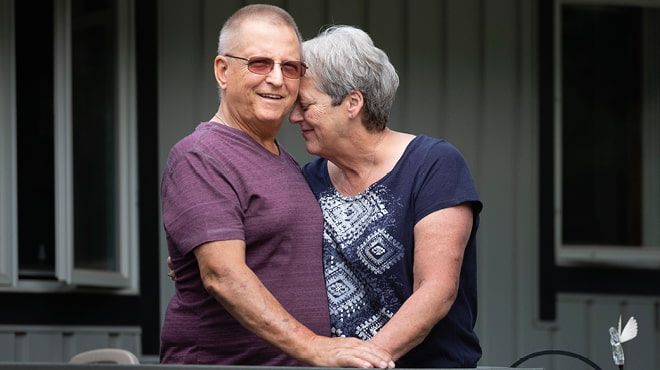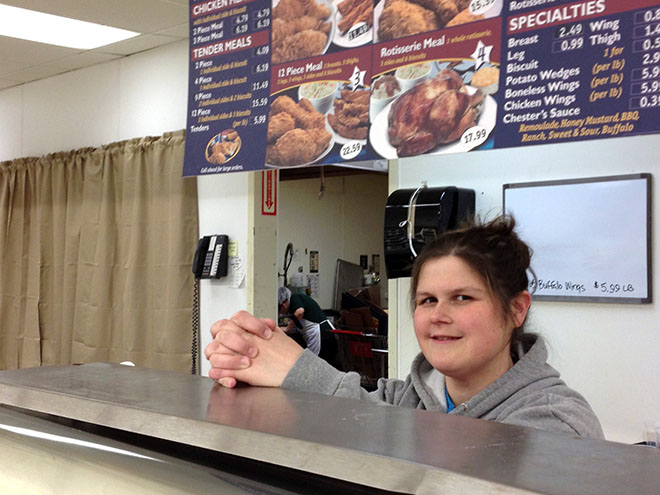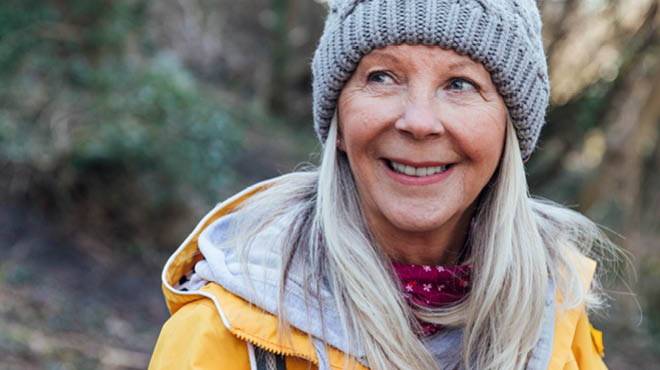Recent Posts
-
 Patient StoriesA lifesaver saved: An EMS veteran’s journey from rescue to recoveryNovember 14, 2025
Patient StoriesA lifesaver saved: An EMS veteran’s journey from rescue to recoveryNovember 14, 2025 -

-
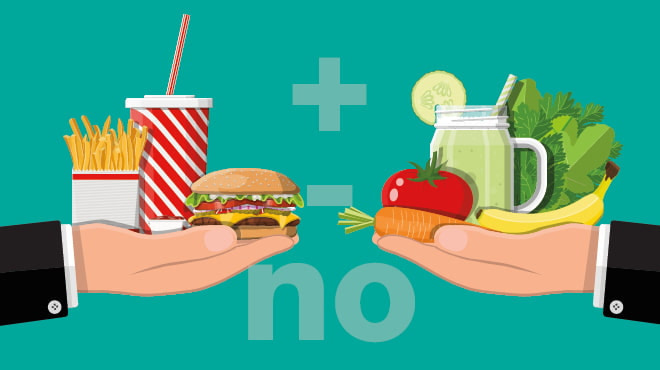
How important is it to be a kidney donor?
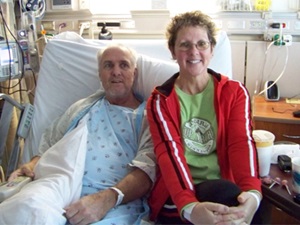 You may not pay attention to your kidneys, how they function and just how vital they are until you are about to lose one or both. Those were exactly my thoughts until one of my own siblings' mere existence was in danger.
You may not pay attention to your kidneys, how they function and just how vital they are until you are about to lose one or both. Those were exactly my thoughts until one of my own siblings' mere existence was in danger.
My big brother, Jim Halbach, suddenly needed a donor as both his kidneys were failing at a rapid rate, placing him on dialysis three times a week. The immediate donor search was for a sibling. Out of a large family of eight, almost all of them had high cholesterol and didn’t qualify as a donor. If I were to do the “enny-meeny-miny-'Mo'," I, Maureen “Mo” Salter, would be the logical selection because of my healthy lifestyle — proper diet, exercise, and general lack of illness, plus, my blood type is O-negative, the universal donor type. There were so many thoughts running through my mind. Is this really the right thing? What is going to happen to me? What if it doesn’t work? What if I don’t qualify? Will he die?
The decision to donate
My family, as far apart as some of us were, suddenly were drawn together with continuous updates through emails, phone calls and text messages of how our brother was surviving day after day, week after week. To hear him on the phone telling us of the slim chance of a donor matching him, the extremely long list of other needy people who were visiting the dialysis center on a daily basis and how long some of them had been there caused my heart to sink. I knew how quickly he was deteriorating, having gone from a diagnosis to end stage in three months.
I made the choice to go through all the testing, blood matching and cross-matching to find out that, yes, I was a perfect match. What was convenient about the testing was that I could test where I lived and only had to visit the transplant center in another state twice — once for the education and physical, and the second time for the actual donation. The best part was when I called to give him the good news. He just couldn’t believe it and cried. I knew right then and there that angels were among us.
The big day
Surgery was scheduled soon after the match. Many of our family members made the trip. After all, this was a phenomenal event of unknowns, and during a time like this, there is nothing more important than family. My brother was so frightened and ill. He never was the one to be sick and seldom visited a doctor’s office.
The surgery was an absolute success, and he was back to his room before me. Everyone was so excited as my kidney was outperforming itself for him. His color returned, and he was up walking around and joking with family. He actually came to see me in my room first. How silly were we with our pillows over our midsections, but he was so happy. On my third day of hospitalization, I was able to leave and return home for a three- to six-week leave of absence from work. My brother stayed for six days so testing could verify his creatinine and protein levels were normal, while also being placed on anti-rejection medications, which he will have to take for the rest of his life.
Small setback
To our surprise, what attacked him before the donation began attacking him during those six days of testing. The culprit, an anti-PLA2R antibody, suggested recurrent autoimmune membranous nephritis (MN). This condition occurs when the small blood vessels in the kidney, which filter wastes from the blood, become inflamed and thickened. As a result, proteins leak from the damaged blood vessels into the urine, often leading to kidney failure. Boston Research, through a study of our family, has found the disease can be detected through specific genetic testing. They continue their study with our family, hopefully saving many lives in the future. Thankfully, I do not possess this gene, and my kidney was strong enough to pull him through. With continual testing and observation, the correct medication can be given to combat and control this gene.
Each donation can make a difference
My brother has improved immensely since surgery and has even built his own home. I can’t imagine ever being without my brother. Our connection runs deeper than most and always will. Our mother definitely was shining down on us that day.
So, if you are or know of someone who may have any of the high-risk factors, such as high blood pressure, diabetes or a family member with chronic kidney disease, consult your physician to check the status of your kidneys. Our kidneys are worth fighting for, and you never know — maybe you can save someone’s life.
Right now, in Wisconsin there are more than 2,000 people on the waiting list and more than 100,000 in the nation. There is a critical need for living donors, and if you do nothing else in your life, consider marking your driver’s license with the orange donor dot and give of yourself after life so someone else may live a longer life.
Life truly is special, and the wonders of science are endless. Please celebrate World Kidney Day, and drink a glass of water for yourself and offer one to another. Donate life!

